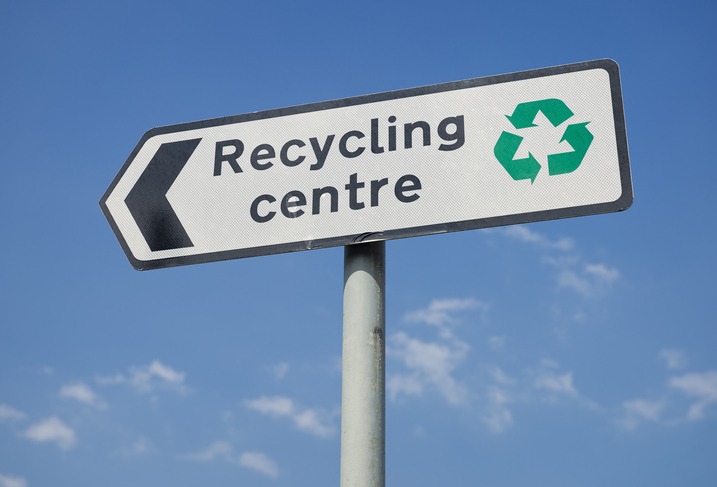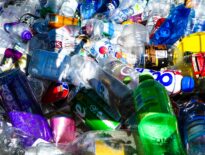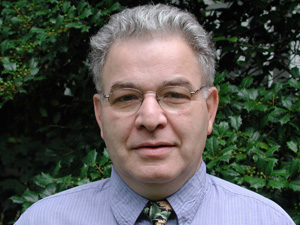A special program, ‘Dispatches: The Dirty Truth About Your Rubbish’ aired on British TV in March as part of the anti incineration campaign coordinated by UK Without Incineration (UKWIN).
The goal of UKWIN’s campaign is to impose ‘an immediate and full moratorium on new waste incineration capacity throughout the country. Mal Williams, anti garbage incinerator campaigner for the Zero Waste International Trust, based in Wales, asserts the action is an important step, “To help tip the balance of political will away from incineration!”
UKWIN said it plans to “expose some of the terrible impacts of incineration and waste management contracts on recycling, climate change and public finances.”
According to a report in the Guardian, 87% of the households in the UK said they regularly recycle. But an investigation found that millions of tons of recyclables are burned after they are collected. In some parts of the country this figure amounts to from 38%-45% of recyclables.
There is a direct correlation between regions tied into incineration contracts and low recycling rates, researchers found. “More waste is now burned than recycled – 11.6 million tonnes was incinerated in 2019 while 10.9 million was sent for recycling. There are 48 energy-from-waste incinerators across the country, and industry figures show 18 more are planned, despite recent European Union ‘green’ policies that favor the circular benefits of and increased recycling, composting and reuse.
The UK recycling rate has been stagnant, at 45%, for the past four years, according to the Guardian.
Also in the Guardian report:
“In the past, objections to incineration largely centered on air quality and public health concerns, but the focus has shifted. In the age of net zero and ahead of the UN Climate Change Conference (Glasgow, 1-12 November 2021) today’s campaigners are looking at emissions and insisting that the green claims of the incineration industry are subject to scrutiny.”
The Dispatches TV program used data developed by a consultant firm called Eunomia, which completed a report commissioned by the environmental law charity ClientEarth. The analysis showed “that producing electricity from waste is more carbon intensive than producing it from gas, and second only to coal….As coal is phased out, energy from waste will become the dirtiest form of electricity production in the UK. The report concludes that by 2035, incineration will be a more carbon-intensive process than even landfill.”
Shlomo Dowen, UKWIN campaigner, points out that long-term contracts to deliver waste to incinerators imply that local authorities will be locked in to delivering materials to incinerators.
“So if a locality is cursed with an incinerator, then that locality has to do without something else in order to pay for the carbon burden. Will local people be restricted in terms of how often they are able to use their cars or how often they go on holiday? The question becomes: what are local people prepared to do without to accommodate the emissions from an incinerator?”
The sign to the Edmonton EcoPark incinerator in north London remains clear: “Welcome to LondonEnergy. Powering the circular economy”, it reads. But increasingly, national and local governments could be looking for a less circuitous route to the circular economy.
Denmark, meanwhile, has announced a review of incineration with a goal of reducing incineration capacity by 30%. The Welsh government declared a moratorium on new waste incinerators as part of its drive towards a circular economy. Most recently, in Kemsley, Kent, UK, the secretary of state for business and industrial strategy rejected approval for a large energy-from-waste incinerator.
Photo credit: iStock





